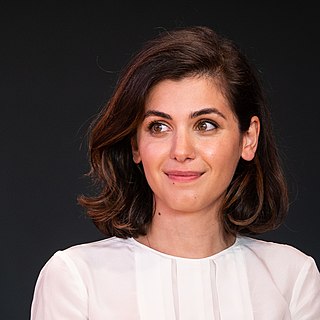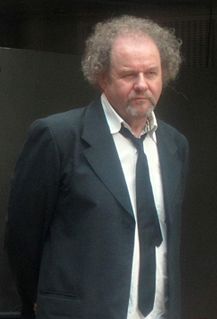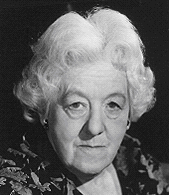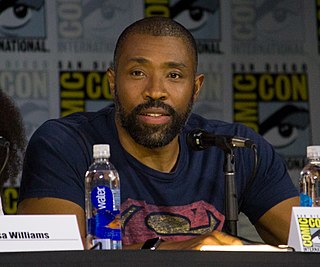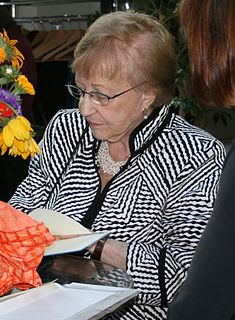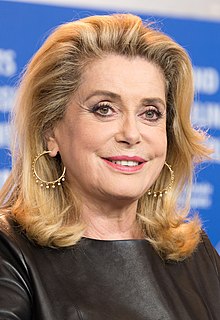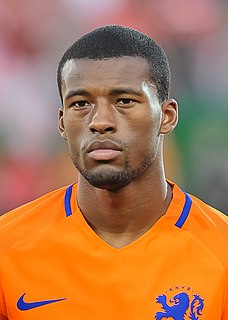A Quote by Laurence Fishburne
Shooting a film with seven to eight actors together is complicated sometimes because you have to cover everybody.
Related Quotes
I speak a little Portuguese, but my daughter speaks it better than me. I always feel that Italy is my home, but it is important for my husband that we also live in France. Sometimes we live as a family all together, but as we are two working actors, sometimes we have to be apart. Sometimes I'm shooting a movie; sometimes he is.
While directing in theater that the actors will - I don't know if it's competitiveness or what it is, but they love to make each other laugh. They love to impress each other in rehearsal. They'll try something for a reaction. But in film, you're very often not all together in the room at the same time. You're shooting one day, somebody else is shooting the next. It's a totally different dynamic.
If you make a film, that magic is not there, because you were there while shooting it. After writing a film and shooting it and being in the editing room every day, you can never see it clearly. I think other people's perception of your film is more valid than your own, because they have that ability to see it for the first time.
Film and television are very different. On the TV show, we do seven or eight scenes a day, so time and money are of the essence, and we have zero room for creativity because you've got to do each scene in only five takes. Whereas, on a film, you have an entire day to film one scene, so you have so much time to choose how you want to fill in a scene.
I went to work at seven in the morning. Around noon time we got the watery soup. And we worked until seven or eight or nine at night, sometimes later. And then I walked back home - there was no public transportation - into that shared room. And if there was food we would prepare an evening meal depending on what was available. And then probably go to bed because it was cold most the time. And then start the day all over again, six or seven days a week.
Sometimes, if you're shooting a complicated scene, you have to stay in a position and wait for the technician to do his job, and then you have to be where you're supposed to be, right on the spot. You don't rehearse all that much on films. If I think of the amount of time I spend on set compared with the time spent shooting, it's ridiculously short.
At seven, I played centre-back. When you're so young, though, it's more to enjoy the training and to get a feel for the game. It's not heavy on tactics of a position. We were playing on a half pitch, seven against seven or eight against eight, so they say you're a centre-back, but it's not like the real definition.



